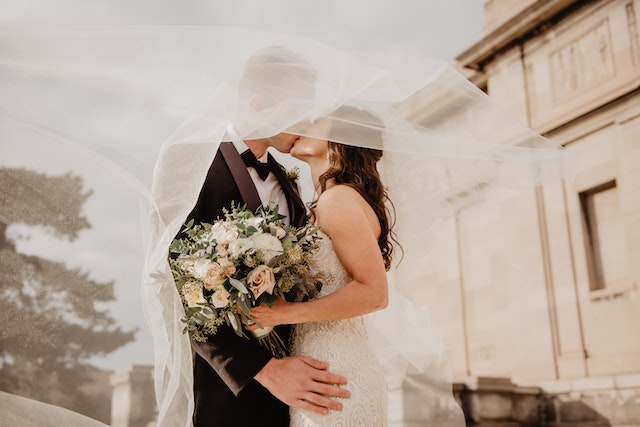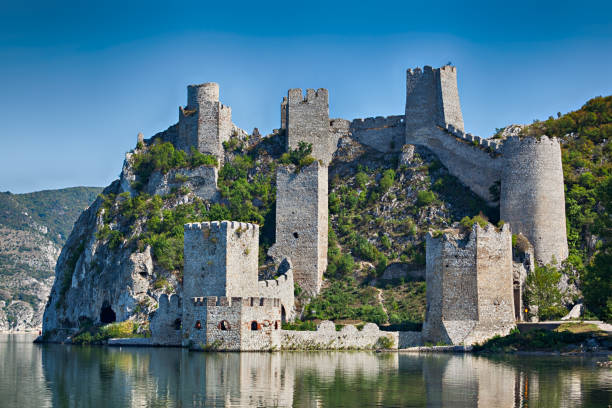Written by: Olivera Tolimir
The fear of Halloween is called Samhainophobia.
If you wonder what Samhain means, it’s the name of an old pagan festival.
The Celts celebrated Samhain on the 31st of October. They divided the year into two parts – lighter and darker. The 1st of November was the beginning of the dark half of the year, but the celebrations started a day earlier.
Shortly, it was the Celtic New Year.
Many people today consider Samhain to be the precursor of Halloween.
Why?
First, Samhain and Halloween take place on the same day.
Second, the traditions are similar. The Celts believed that, during Samhain, the barrier between the worlds weakened, so their ancestors might haunt them. To chase them, they dressed as animals and monsters!
Sounds familiar?
Now that we explained the meaning behind Samhainophobia, we can get back to the point and explain why we even mentioned it.
Did you know that many Serbs are pretty samhainophobic?
Well, not literally. But Halloween in Serbia is often frowned upon! It makes sense that superstitious Serbian people tend to run away from black cats, not celebrate them. But that’s not the cause!
Let’s go through the reasons for Halloween’s poor reputation in Serbia.
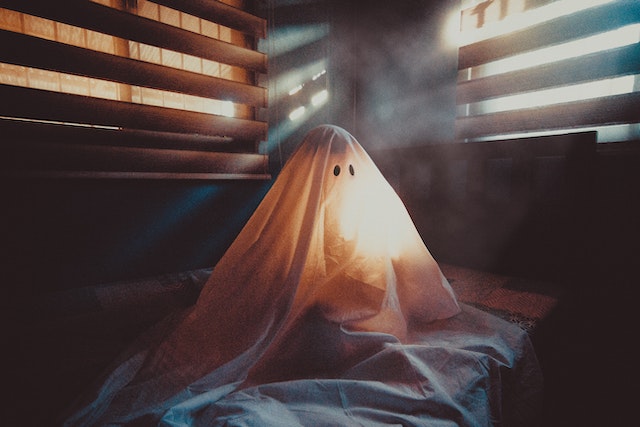
Not our Tradition
In Serbia Halloween came not that long ago through American movies and globalization.
First, children fell in love with it! They started asking their parents to dress up as ghosts, witches, and their favorite superheroes. And eat candy.
After children, the youth started liking this holiday because of the costumed parties.
Candy for children, parties for young people, and costumes for everyone! Who wouldn’t love Halloween?!
Well.
One of the main reasons many older folks disapprove of Halloween in Serbia is that it’s neither our national nor Orthodox Christian holiday. They claim we should stick to our traditions.
Especially since we already have a (forgotten) similar tradition – Poklade.
Poklade
Poklade represents a Christianized Slavic holiday with pagan roots, much like Halloween.
As we said, Halloween used to be a pagan holiday. But Christians later incorporated it into their tradition by connecting it to All Saints’ Day. That’s how Halloween got its name – it’s a shortening for All Hallows’ Eve: the night before All Hallows’ Day (All Saints’ Day).
Similarly, Poklade became connected to the cardinal Christian holidays. It’s celebrated the day before the beginning of each fasting period. The most important is the one before Easter.
For Poklade, young people wear costumes and go from house to house to sing specific songs and chase away demons. As a reward, they get a food gift: usually fruit or candy.
Anti-Christian Holiday
More conservative people in Serbia think of Halloween as an anti-Christian holiday. It’s because of the celebration of spooky things, such as witches and ghosts.
This argument doesn’t hold. Halloween started as a pagan festival, became Christian-oriented, and now it’s secular. So, it changed its shape and form but remained present for thousands of years!
So, no one is doing anything against the Christians. People are just dressing up and having fun.
Well, good luck trying to explain that to your Serbian grandpa.
Also, the wrong translation of this holiday certainly doesn’t help its reputation. We call it Noc vestica in Serbia, which means The Night of Witches.
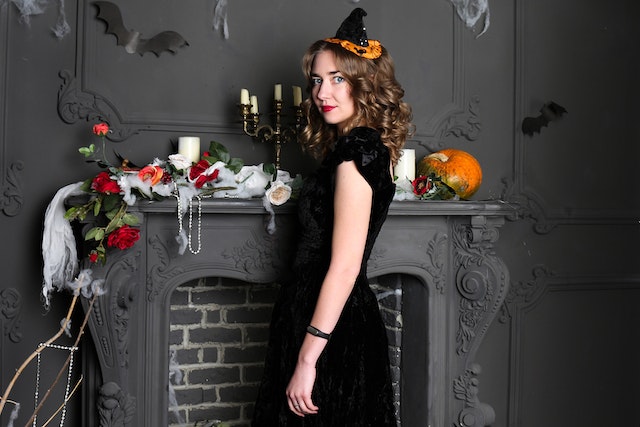
Saint Luke the Evangelist
We came to the main reason for the eye-rolling young Serbs get when enjoying Halloween!
The primary religion in Serbia is Orthodox Christianity.
Orthodox churches don’t have a head of all churches (like Roman Catholics have the pope). So, each church has the autonomy to make choices for itself.
For example, the Serbian Orthodox Church uses the Julian calendar.
It means all our holidays are 13 days late! That’s why we celebrate Christmas on the 7th of January (the 25th of December by the Julian calendar).
How is this related to Halloween in Serbia?
Well, our church celebrates Saint Luke the Evangelist on the 31st of October!
So, when Halloween in Serbia approaches, the never-ending comments are: It’s not Halloween in Serbia! It’s Saint Luke!
Why is celebrating Saint Luke so crucial? Although Serbs sometimes like to dislike something for the sake of disliking it, it’s not the case here.
Saint Luke is one of the most common patron saints in Serbia. On the 31st of October, many Serbian families celebrate Slava.
Slava is of great importance in Serbia, so it’s understandable why people got angry about adding a new foreign holiday on the same day.
It would be understandable for a host to get insulted if someone doesn’t come to his Slava because they went to a Halloween party. But these situations are isolated.
Those who honor Saint Luke as their patron saint won’t celebrate Halloween. And those who have a friend or family member celebrating Saint Luke will always visit and congratulate them.
Celebrators of Halloween in Serbia don’t have any other plans on that day, so we don’t see why they shouldn’t have fun.
This way, everyone’s happy and has something to celebrate!
But, like we already said – try explaining this to your Serbian grandpa.
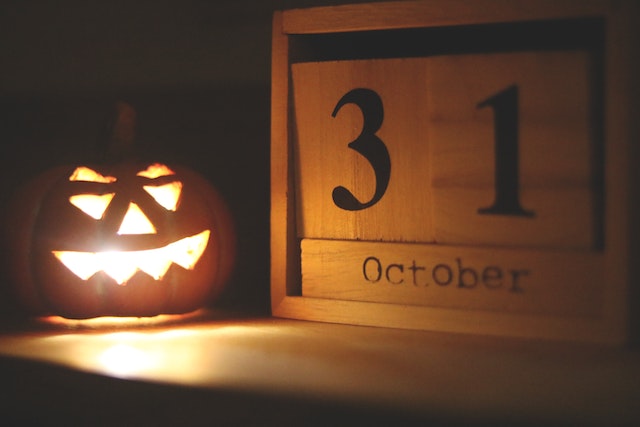
Trick or Treat
So, let’s get back to the title of our post! What are those Serbian tricks you should learn to get a treat?
Of course, remember that Saint Luke is honored on the 31st of October.
Before making plans for Halloween in Serbia, check if one of your friends celebrates Saint Luke. There’s a huge possibility you’ll end up on a Slava instead of a Halloween party.
Also, know that children in Serbia don’t go trick-or-treating. Some wear costumes and eat candy at school parties, but they don’t go from door to door asking for sweets.
And finally, the greatest trick is learning to behave as a guest on Slava!
In Serbia Halloween is incomparably less important, so this knowledge will buy you more points than trick-or-treating ever could. Oh, and more food.
And when we say food, we don’t mean candy only. We’re talking soup, sarma, roast, salads, and cakes here!
Choose wisely!

